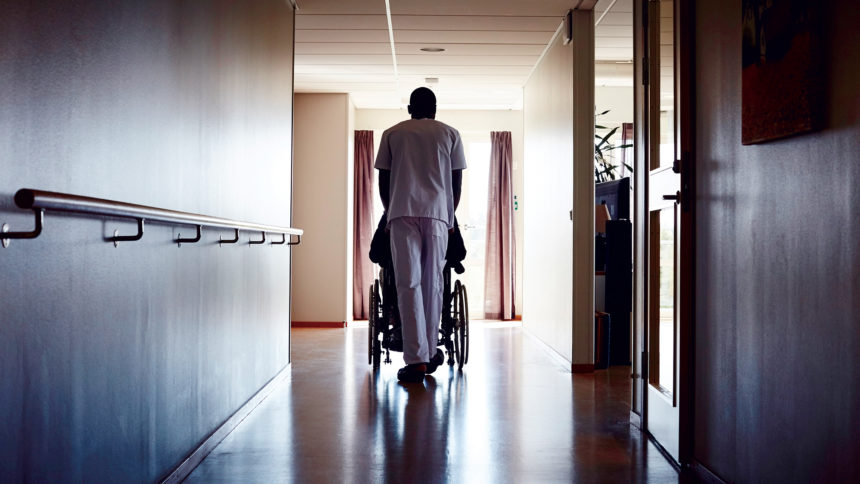
A dispute between a Kentucky nursing home operator and a handful of Medicaid residents over an extra charge for a larger room has been settled out of court, with the provider backing away from its attempts to collect more.
Kentucky-based Baptist Life Communities built a new facility, the Seasons at Alexandria, and transferred four residents into new private rooms, as opposed to previous double-occupancy ones.
Legal advocates filed suit summer, arguing that a facility cannot “impose” extra charges on Medicaid-covered residents.
Justice in Aging, which assisted in the preparation of legal documents, pegged the extra charge at about $900 per month for private rooms. The residents, who typically collect a $40 to $60 per month allowance from Medicaid, had not specifically requested the upgrades. Federal and state regulators had previously sided with the facility, before JIA and Legal Aid of the Bluegrass stepped in, prior to filing a lawsuit in the Kentucky Circuit Court in June.
The sides resolved the matter recently, with Baptist agreeing not to charge the added cost, and allowing residents to stay in their new single-occupancy residence.
“The core message is that, by definition, Medicaid-eligible individuals only have a very limited amount of money, as a personal needs allowance,” said Eric Carlson, a directing attorney with Justice in Aging, which touted the outcome in an email alert. “Facilities should be conscious of that in situations where they try to charge on top of the Medicaid-authorized amount.”
Robert H. Long, Ph.D., president and CEO of Baptist, declined to comment on the settlement Monday, citing a confidentiality clause in the agreement. But he noted that reimbursement in the Bluegrass State is “bad and getting worse.”
“In a terribly adverse reimbursement climate for providers, it is beyond sad that we’re having to look for any legitimate legal source of revenue. This is not the way that society should be treating our seniors,” he told McKnight’s.
Karen Ginn, advocacy director for Legal Aid of the Bluegrass, said she didn’t think the action by Baptist was intentionally mean-spirited, and urged operators to be cautious with residents in similar matters.
“I would not at all think that this was malicious on their part. It’s a facility that’s been active in the community for a long time, and I can’t believe that they would have done this just to harm their residents. But on the other hand, it was a lack of understanding of how it would affect them,” she told McKnight’s.




